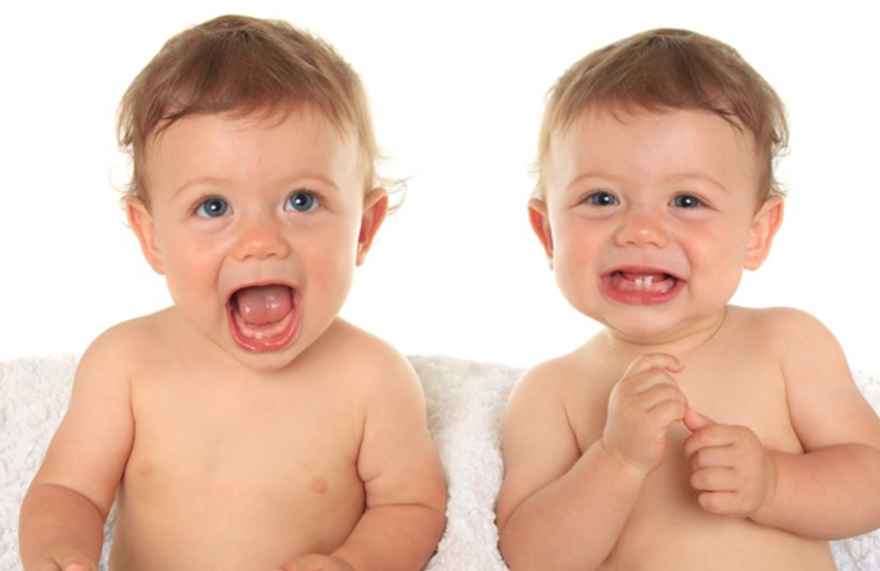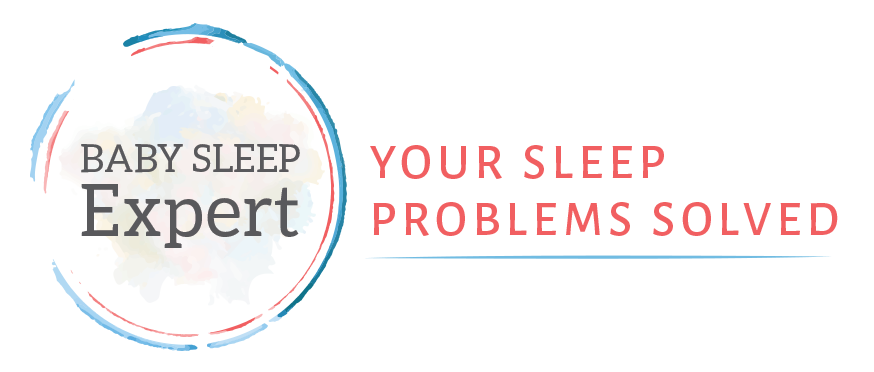Teething and Sleep: What you need to know

Has your baby been ‘teething’ for a long time?
How many times over the last few months have you convinced yourself that your baby is sleeping poorly because of teething? For many mums I work with, this is a pretty common assumption. Perhaps you know that you need to do something about improving your little one’s sleep, but you keep putting it off because they are ‘teething’, and it doesn’t seem like a good time. I’m going to dive deep into this topic for you to help demystify teething. I want you to understand what symptoms you need to be aware of, when you should seek medical advice and, finally, when it is simply poor sleeping and nothing to actually do with teething! In my work I frequently see sleep disturbances and long-term sleep problems blamed on teething. So let’s have a look at the science to help dispel some of those misconceptions. It is often said that when babies are teething, they get an associated rise in temperature. The truth is it’s not teething that courses a rise in body temperature. Around the time of teething babies have a reduction in immune function. In fact their body lowers their immune system to allow the tooth to come through! So, yes, they are therefore more susceptible to viruses at this time. Furthermore, at 4-5 months many of our babies are losing the antibodies that have been supplied from their mums during pregnancy and breastfeeding. They are now starting to make their own antibodies, but their immature little immune systems are often not robust enough to fight of viruses and bacteria. And what else happens at this time? Our babies find their hands! This increased germ load entering their mouths from their hands onto erupting gums is the ideal environment for infection to take hold. Enter the increased upper respiratory, middle ear and urinary tract infections…. Now what about the diarrhoea and nappy rash that seems to occur with a tooth coming through? It is often thought that our babies swallowing increased saliva at the time leads to more acidic stools. And hence this is where the nappy rash comes from. But this doesn’t make sense. Our stomachs are already very acidic with a pH of 1.5-3.5 and our saliva is actually quite alkaline. So, therefore swallowing lots of saliva would actually make our stools more alkaline. What’s going on then? Yep you guessed it. It’s that reduction in immune function at the time that has introduced a virus. So, the diarrhoea is more likely viral than anything. It can less commonly be because of lactose intolerance as well. The general consensus is that some babies may experience some mild discomfort when they are cutting a new tooth. One of the first things that I ask my mums when they tell me that their baby is sleeping badly because of teething, is for them to tell me about their baby’s mood that day. A baby who has been happy and cheerful all day will not suddenly become grumpy at night because of teething. If they are experiencing some discomfort or have picked up a virus, then they will be miserable in the day as well. Teething doesn’t just switch on at night! It is easy to see when your baby is actually teething. The gum can swell a little and go a clear/blue colour as the tooth is about to pop through. For the most part it is only uncomfortable for a day or so when the tooth is about to break through the surface. Babies do go through a lot of development that coincides with teething. When you think that they are learning to roll, are unswaddled, are changing their naps and nap timings, and have developed some self-settling skills. This is a lot going on. And all of these developments can interfere with sleep. But they are all normal and resolvable. In my experience what happens is that babies go through all these normal development milestones but somewhere along the way parents have stepped in a lot to assist them to sleep through these. Teething becomes the easy scapegoat but is rarely the cause of prolonged bad sleep. Just check in and observe. If poor day and night sleep has been going on for longer than a week then there are most likely other factors involved. Are you confused about whether your baby is teething? Do you think teething is affecting your baby's sleep? Tell me about your situation below…
Categories
- Testimonials (76)
- Blog (26)
- Uncategorized (2)
- Daylight Savings (2)
- Food and Sleep (4)
- Naps (4)
- 4, 5, 6 Months (2)
- 7-12 Months (1)
- Newborn (4)
- Night Sleep (2)
- Sleep teaching (7)
- Teething (1)
- Toddler Sleep (2)
- Holidays and Travel (2)
- Testimonials_1 (12)
- Testimonials_2 (12)
- Testimonials_3 (12)
- Testimonials_4 (12)
- Testimonials_5 (12)
- Testimonials_6 (12)
- Testimonials_7 (4)


0 comments
Leave a comment
Please log in or register to post a comment